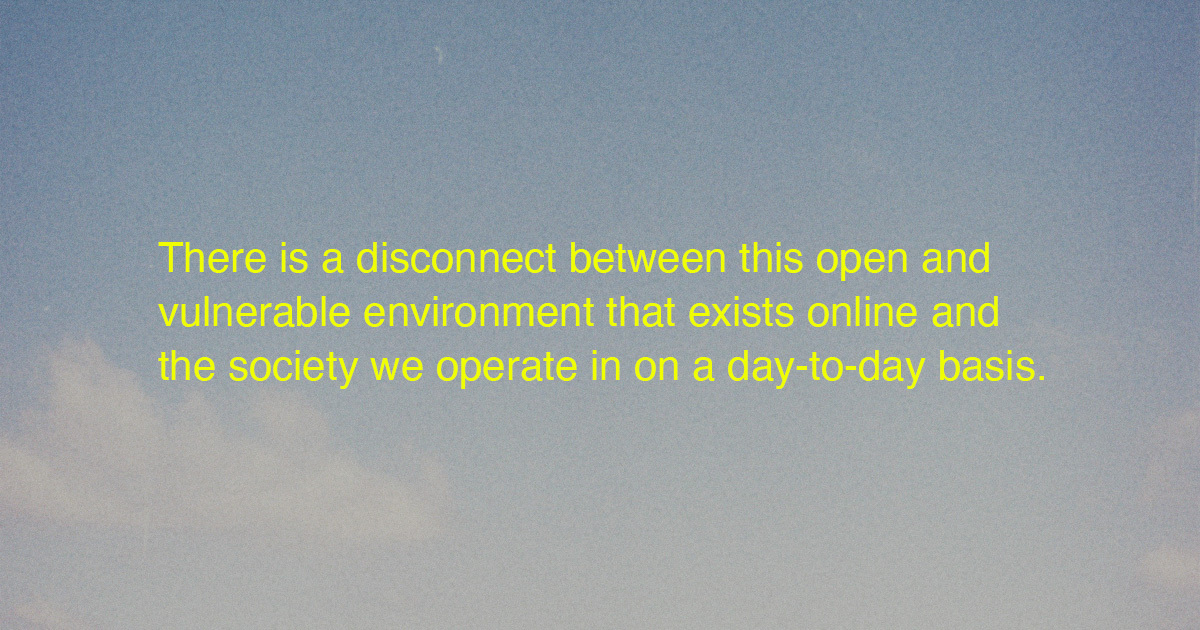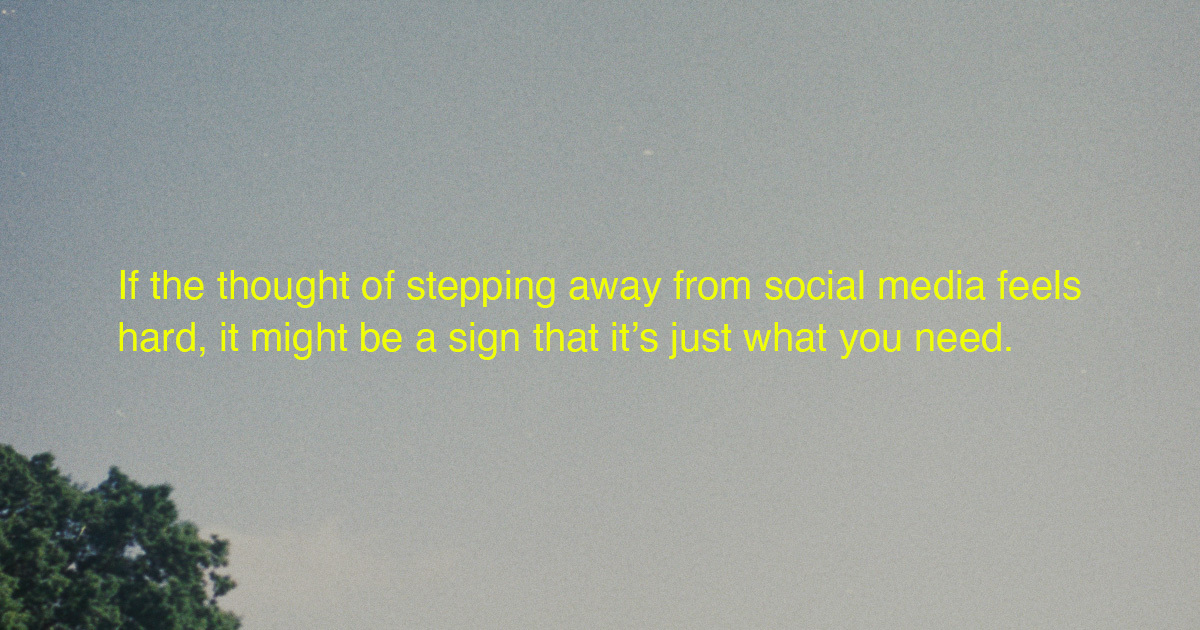“These new products will make your life better—instantly!”
“The world is on fire, and there is absolutely nothing you can do about it.”
“Breaking News: Grass is no longer green.”
As we prepared for Mental Health Awareness Month in 2025, we thought to ourselves, “What does mental health awareness even mean anymore?” When our organization started in 2006, it was truly taboo, rare, and rebellious to talk about things like depression and anxiety. Now, it’s a little more nuanced than that. In general, it feels like people talk about their mental health a lot. At least, a lot more than they did 20 years ago. Just about any celebrity or influencer has shared stories of when their mental health was at rock bottom. There are countless memoirs, blog posts, and interviews that recount dark days of addiction, or the reality of eating disorders, a therapist who changed their life, or the acknowledgement that every day isn’t a good mental health day.
While this is indicative of a culture shift, it’s not the whole picture. There are still deeply rooted biases and stigmas that pervade our interpersonal relationships. There is a disconnect between this open and vulnerable environment that exists online and the society we operate in on a day-to-day basis. It might actually seem easier to consider posting your mental health story online than it would be to even say it out loud to a family member. The progress we’ve made as a collective feels and looks obvious in the grand scheme, but your experience is valid if you still feel stuck, ashamed, or isolated.

We know that our work these past 19 years has contributed to this world where mental health isn’t a bad thing, and sharing your story doesn’t have to mean social ostracization. But as we continue to show up for people where they need us most, we have to question: Has “awareness” become a distraction for real healing?
It’s great that more people feel comfortable talking about their mental health, but does that mean they are really caring for their mental health? We want to help people get “unstuck” and start honest conversations that can be shifted into action. Our work is about guiding people toward tangible care, authentic connection, and deep healing.
This month, we’re starting that vision with a challenge asking you to evaluate the thing in our culture that impacts our mental health more than any of us wants to admit: social media.
We know what you’re thinking… Doesn’t TWLOHA use social media all the time? Of course we do. TWLOHA grew up online—specifically, we grew up within the rise of social media. Our organization is here because of a story published on MySpace. Today, we reach over 20 million people online every year, and have created a community of support. But we’ve seen the digital landscape change drastically, and right now we feel another monumental shift taking place.
As conversations online about mental health have become normalized (super helpful), it’s also turned into something full of buzzwords, clickbait, and black-and-white thinking about complex conditions and issues (not so helpful). We still see people’s validation coming from likes and comments, and we know that advertisements and content are created to prey on people’s worst insecurities.
As May approached, we knew we wanted to start the conversation by tackling the digital elephant in the room. You’ve likely heard that social media is bad for your brain, but the reality of that fact is more intense than it seems. 41% of teens with self-reported high social media usage also report poor overall mental health, and those who use it three or more hours a day are almost twice as likely to experience symptoms of depression and anxiety. It’s not just young people, though. In studies like this one, researchers found that for the majority of people, taking a two-week break from mobile internet usage resulted in significant improvement in overall well-being, mental health, and cognitive functioning. Most people are aware that they use social media too much, but few people feel able to do anything about it.

It can be easy to know something is bad for you, but a lot harder to confront head-on the changes that need to be made. Not to mention the fact that so many of us struggle to feel worth the effort it takes. Surviving is hard, let alone optimizing our mental health. It’s not easy, and it’s oftentimes trial and error. You won’t get it perfect, and that’s OK. We get to stumble through this together. Self-care that is stubborn is the kind of self-care that makes a difference. If the thought of stepping away from social media feels hard, it might be a sign that it’s just what you need. It’s OK to get a little uncomfortable. We’ll always make sure you don’t have to navigate those hard feelings alone.
So let’s start here together. Let’s start with a collective challenge. Two weeks off social media, two weeks of taking a break, and two weeks of reflection. We’re disconnecting to reconnect. The Disconnect to Reconnect Challenge launches on May 7th on twloha.com.
Samantha D.
I love that you are doing this! As a person who has struggled with anxiety, depression, PTSD, and suicidal ideations, I HAD to get off of social media. It made me feel worse every time I would get on social media. I have definitely felt a shift in my mental health since staying off of social media. I also had to limit my news information. Especially now, I can’t watch the horrible things happening all over the world. I get a run down from my fiancé. Anyway, thank you for this! I am hoping to encourage others in my life to do this challenge.
TWLOHA
Hi Samantha! We’re really excited for this challenge, and knowing how getting off of social media has helped you is encouragement enough. We are inspired by your self-awareness and the care you’ve shown yourself by getting honest about how social media and the news impact you. It’s amazing, really.
Crystal
I’m excited!
TWLOHA
We’re so excited for you to join us, Crystal!
A
Nice to know there’s free health for mental health care out there. Thanks to Cheryl crow who I saw on FB
Since I’m here full life of caring for grand & great grandchildren & wife & mother and Alone& broke!!
TWLOHA
There are options out there! Not as many as there should be. Mental health care should be more accessible and affordable, but we are here to help. Please know you can use our FIND HELP Tool (www.twloha.com/find-help/) or you can email our team at [email protected].